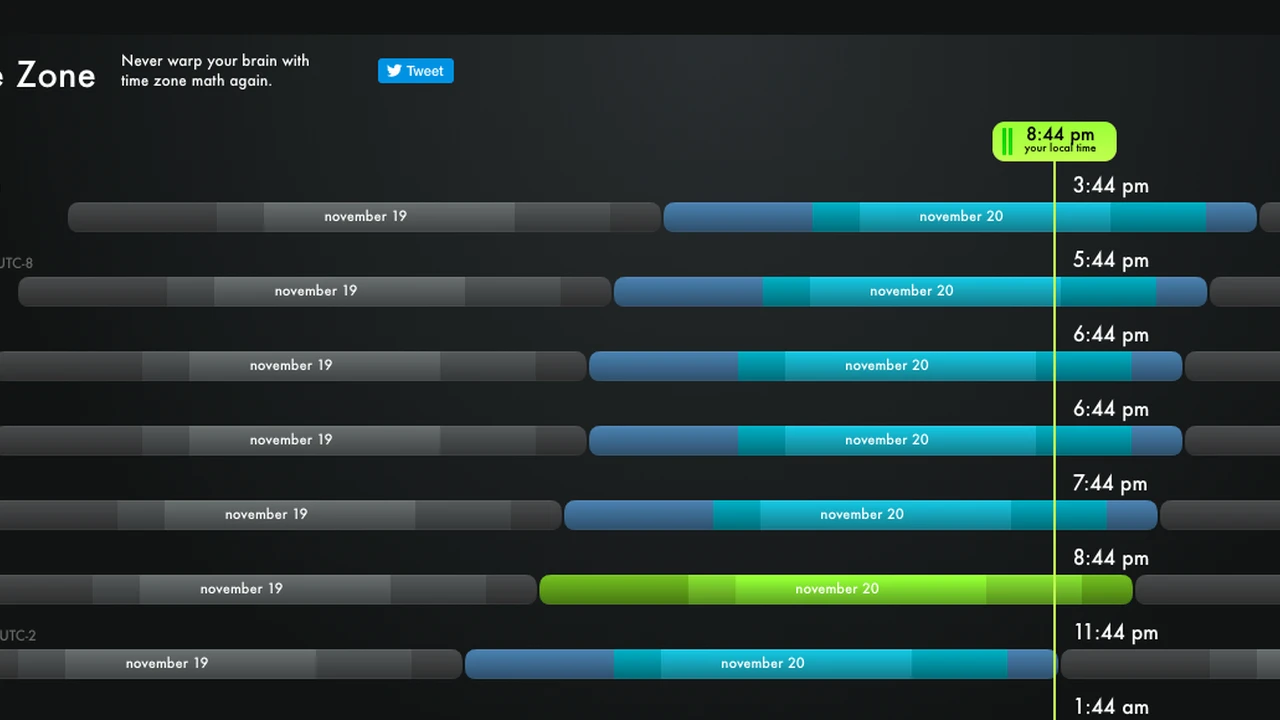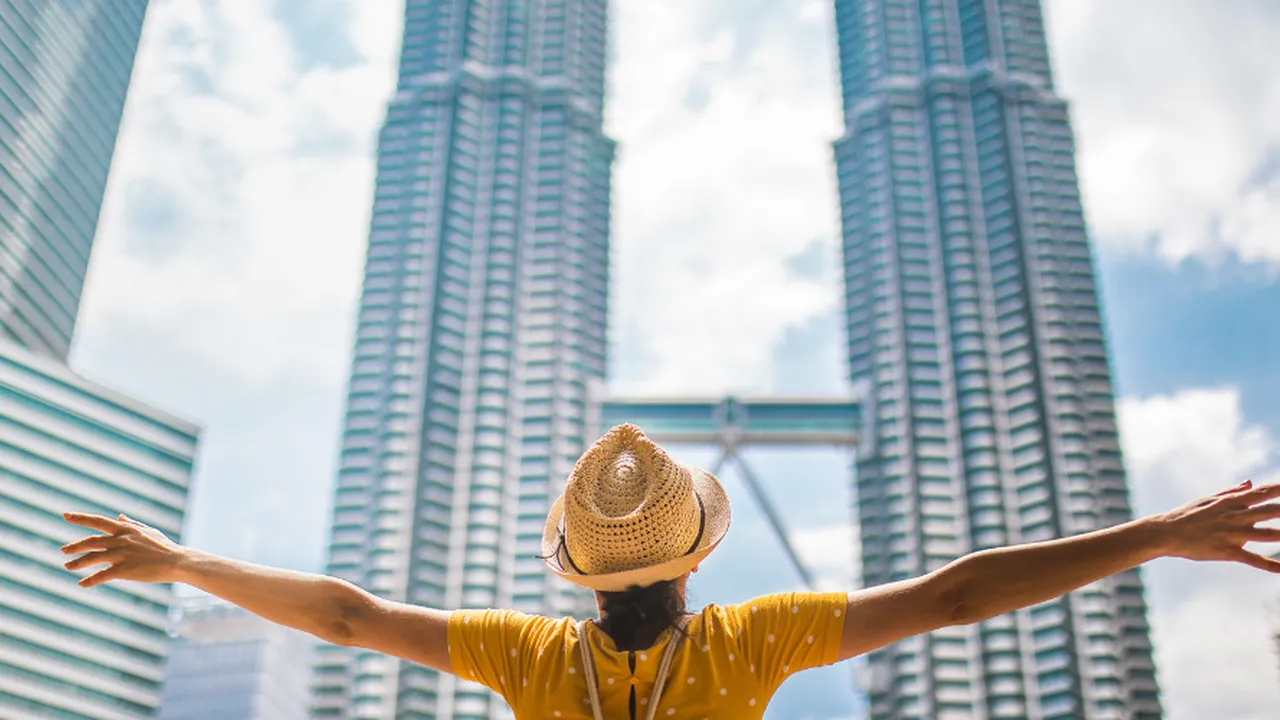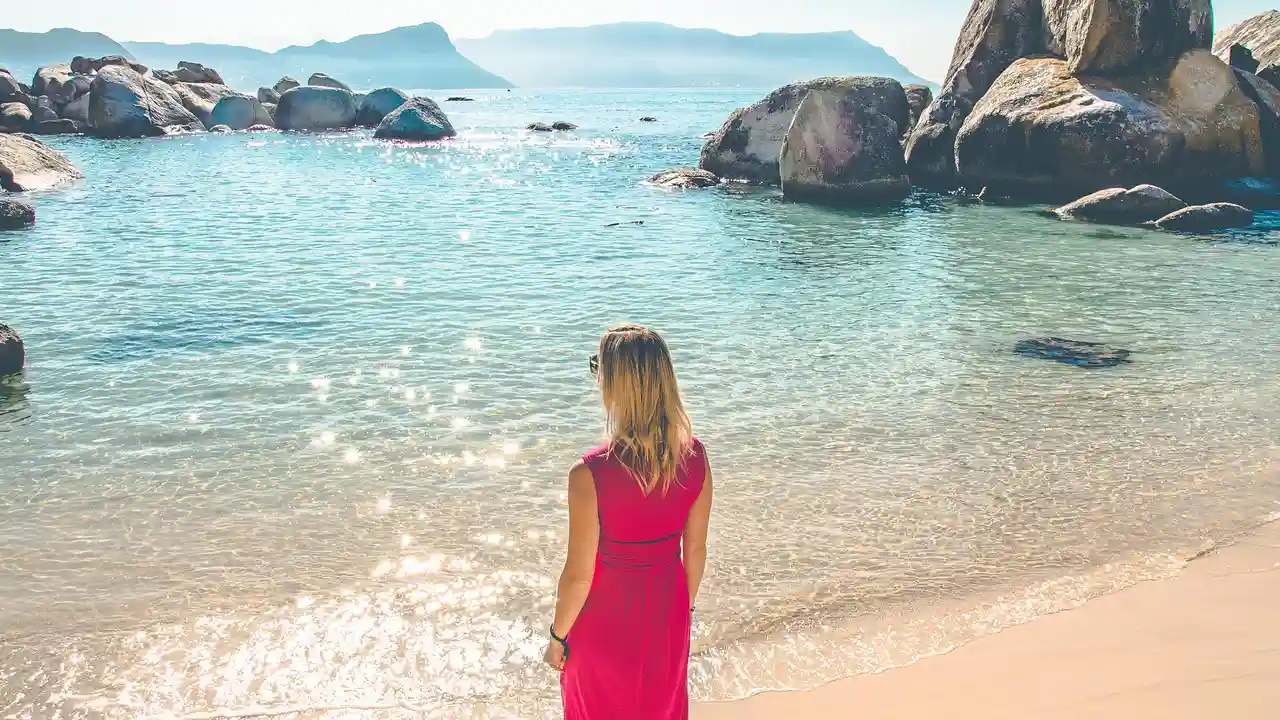Managing Time Zone Differences
Prepare for emergencies while traveling solo. Learn essential first aid tips and how to handle common travel mishaps. Travel with peace of mind, knowing you're prepared.

Essential First Aid Kit for Solo Travelers
Okay, so you're hitting the road solo. Awesome! But before you start dreaming of those sunset cocktails, let's talk about something less glamorous but super important: your emergency preparedness. A well-stocked first aid kit is your best friend when you're miles away from home and a pharmacy. Think of it as your personal mini-hospital in a bag.
What to Include:
- Band-aids: Various sizes for minor cuts and scrapes. You'd be surprised how often these come in handy.
- Antiseptic wipes: To clean wounds and prevent infection. Alcohol-free versions are kinder to the skin.
- Pain relievers: Ibuprofen or acetaminophen for headaches, fever, and muscle aches.
- Antihistamines: For allergic reactions, bug bites, or hay fever.
- Motion sickness medication: If you're prone to nausea on buses or boats.
- Anti-diarrheal medication: Traveler's diarrhea is a real thing. Be prepared.
- Rehydration salts: To replenish electrolytes after diarrhea or vomiting.
- Blister treatment: Moleskin or blister pads for those long walking days.
- Tweezers: For removing splinters or ticks.
- Small scissors: For cutting bandages or tape.
- Safety pins: Multipurpose for clothing repairs or securing bandages.
- Gauze pads and tape: For covering larger wounds.
- Elastic bandage: For sprains or strains.
- Hand sanitizer: To keep your hands clean when soap and water aren't available.
- Thermometer: A small digital thermometer to check for fever.
- Any personal medications: Don't forget your prescription medications! Keep them in their original containers with the prescription label.
Product Recommendations:
- Adventure Medical Kits Ultralight/Watertight .7 Medical Kit: A compact and lightweight kit perfect for solo travelers. It includes essential supplies for treating common injuries and illnesses. Price: Around $30.
- Johnson & Johnson All-Purpose First Aid Kit: A comprehensive kit suitable for more extensive needs. It contains a wide range of supplies for treating various injuries. Price: Around $20.
- Welly QuickFix Kit: Stylish and well-organized, this kit is perfect for minor injuries. Price: Around $15.
Usage Scenario: Imagine you're hiking in the mountains outside Chiang Mai, Thailand. You trip and scrape your knee. With your first aid kit, you can quickly clean the wound with an antiseptic wipe, apply a band-aid, and continue your hike. Without it, you'd be stuck with a dirty, potentially infected knee.
Dealing with Common Travel Ailments: A Solo Traveler's Guide
Let's face it: travel can be tough on your body. New foods, different climates, and long journeys can all take their toll. Here's how to handle some common travel ailments when you're on your own.
- Traveler's Diarrhea: The dreaded TD. Drink plenty of fluids (especially rehydration salts), avoid dairy and greasy foods, and take anti-diarrheal medication if necessary. If symptoms persist for more than a few days or are accompanied by fever or bloody stools, seek medical attention.
- Motion Sickness: Take motion sickness medication before you travel, sit near a window, and focus on the horizon. Ginger candies or ginger ale can also help.
- Altitude Sickness: If you're traveling to high altitudes, ascend gradually, drink plenty of water, and avoid alcohol. If you experience severe symptoms like headache, nausea, and shortness of breath, descend immediately and seek medical attention.
- Jet Lag: Adjust your sleep schedule gradually to your new time zone. Stay hydrated, get some sunlight, and avoid caffeine and alcohol before bed.
- Sunburn: Wear sunscreen with a high SPF, seek shade during the hottest part of the day, and wear protective clothing. If you get sunburned, apply aloe vera gel and stay hydrated.
- Insect Bites: Use insect repellent, wear long sleeves and pants in mosquito-prone areas, and avoid wearing perfume or scented lotions. If you get bitten, apply antihistamine cream to relieve itching.
Lost or Stolen Passport: A Step-by-Step Guide for Solo Travelers
Losing your passport while traveling solo is a nightmare scenario, but it's important to know what to do. Here's a step-by-step guide:
- Report the loss or theft to the local police: Get a police report, as you'll need it to apply for a replacement passport.
- Contact your embassy or consulate: They can provide you with assistance and help you apply for an emergency passport. You'll need to provide them with a copy of the police report, proof of citizenship (e.g., a copy of your birth certificate or driver's license), and a passport photo.
- Apply for an emergency passport: The embassy or consulate will issue you an emergency passport, which will allow you to continue your travels.
- Keep copies of your important documents: Store copies of your passport, visa, and other important documents in a separate location from the originals. You can also email them to yourself or store them in a secure cloud storage account.
Dealing with Petty Theft and Scams: Staying Vigilant as a Solo Traveler
Unfortunately, petty theft and scams are common in tourist areas. Here's how to protect yourself:
- Be aware of your surroundings: Pay attention to who is around you and what they are doing.
- Don't flash expensive jewelry or electronics: Avoid drawing attention to yourself.
- Keep your valuables close to you: Use a money belt or a hidden pocket to store your passport, credit cards, and cash.
- Be wary of strangers who approach you: If someone seems too friendly or offers you something for free, be cautious.
- Don't accept drinks or food from strangers: It could be drugged.
- Use ATMs in secure locations: Avoid using ATMs in dark or isolated areas.
- Be aware of common scams: Research common scams in the areas you're visiting.
Example Scams:
- The \"friendship bracelet\" scam: Someone approaches you and puts a bracelet on your wrist, then demands payment.
- The \"dropped wallet\" scam: Someone drops a wallet in front of you, and when you pick it up, their accomplice accuses you of stealing from it.
- The \"shoe shine\" scam: Someone offers to shine your shoes, then demands an exorbitant price.
Emergency Communication: Staying Connected When You Need Help
Staying connected is crucial in an emergency. Here's how to ensure you can communicate when you need help:
- Buy a local SIM card: This is the cheapest way to stay connected.
- Use a portable Wi-Fi hotspot: This allows you to connect multiple devices to the internet.
- Download offline maps and translation apps: These can be helpful if you don't have internet access.
- Share your itinerary with someone back home: Let them know where you're going and when you expect to be back.
- Set up emergency contacts in your phone: Make sure you have the phone numbers of your embassy or consulate, local police, and your emergency contacts back home.
- Consider a satellite communication device: For remote areas with no cell service, a satellite phone or personal locator beacon (PLB) can be a lifesaver.
Product Recommendations:
- Garmin inReach Mini 2: A compact satellite communicator that allows you to send and receive messages, trigger an SOS, and track your location. Price: Around $400.
- SPOT Gen4 Satellite GPS Messenger: A satellite messenger that allows you to send pre-programmed messages, track your location, and send an SOS. Price: Around $150.
Mental Health and Well-being: Taking Care of Yourself on the Road
Solo travel can be amazing, but it can also be challenging. It's important to take care of your mental health and well-being. Here are some tips:
- Stay connected with friends and family: Schedule regular video calls or phone calls.
- Practice self-care: Take time for yourself to relax and recharge. This could include reading, yoga, meditation, or simply taking a long bath.
- Get enough sleep: Aim for 7-8 hours of sleep per night.
- Eat healthy foods: Avoid processed foods and sugary drinks.
- Exercise regularly: Even a short walk can boost your mood and energy levels.
- Be mindful of your thoughts and feelings: If you're feeling overwhelmed or stressed, take a break and try to identify the source of your stress.
- Seek professional help if needed: If you're struggling with anxiety, depression, or other mental health issues, don't hesitate to seek professional help. Many therapists offer online sessions.
Navigating Cultural Differences and Customs: Avoiding Offense and Staying Safe
Respecting local customs is essential for a positive travel experience. Here's how to navigate cultural differences and avoid offense:
- Research local customs before you go: Learn about appropriate dress, greetings, and social etiquette.
- Be aware of your body language: Avoid making gestures that could be considered offensive.
- Ask for permission before taking photos of people: Not everyone wants to be photographed.
- Learn a few basic phrases in the local language: This shows that you're making an effort to connect with the local culture.
- Be respectful of religious sites and customs: Dress modestly and remove your shoes when required.
- Avoid public displays of affection: In some cultures, public displays of affection are considered inappropriate.
- Be patient and understanding: Remember that you're a guest in their country.
Insurance and Documentation: Protecting Yourself Financially and Legally
Travel insurance is a must for solo travelers. Here's what to look for in a travel insurance policy:
- Medical coverage: Make sure your policy covers medical expenses, including hospitalization, surgery, and emergency evacuation.
- Trip cancellation and interruption coverage: This covers you if you have to cancel or interrupt your trip due to illness, injury, or other unforeseen circumstances.
- Lost or stolen baggage coverage: This covers you if your luggage is lost or stolen.
- Personal liability coverage: This covers you if you're liable for damages to someone else's property or injury to someone else.
- Emergency assistance: Make sure your policy provides 24/7 emergency assistance.
Product Recommendations:
- World Nomads Travel Insurance: A popular choice for backpackers and adventure travelers. They offer comprehensive coverage and 24/7 emergency assistance.
- SafetyWing Nomad Insurance: Designed specifically for digital nomads and remote workers. They offer affordable coverage and flexible plans.
Important Documents to Carry:
- Passport and visa (if required)
- Travel insurance policy
- Copies of your passport, visa, and travel insurance policy (stored separately from the originals)
- Emergency contact information
- Prescription medications (in their original containers with the prescription label)
- Credit cards and cash
Local Laws and Customs: Staying Out of Trouble
It's crucial to be aware of local laws and customs to avoid legal trouble. Here's how:
- Research local laws before you go: Understand the laws regarding drugs, alcohol, and other common offenses.
- Be aware of local customs: Respect local customs and traditions.
- Avoid illegal activities: Don't engage in any activities that are illegal in the country you're visiting.
- Be respectful of law enforcement: Cooperate with law enforcement officials and avoid arguing with them.
- If you're arrested, contact your embassy or consulate: They can provide you with legal assistance.
By being prepared and proactive, you can significantly reduce your risk and ensure a safer and more enjoyable solo travel experience. Remember, a little planning goes a long way!
:max_bytes(150000):strip_icc()/277019-baked-pork-chops-with-cream-of-mushroom-soup-DDMFS-beauty-4x3-BG-7505-5762b731cf30447d9cbbbbbf387beafa.jpg)






